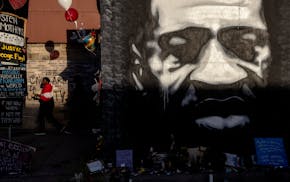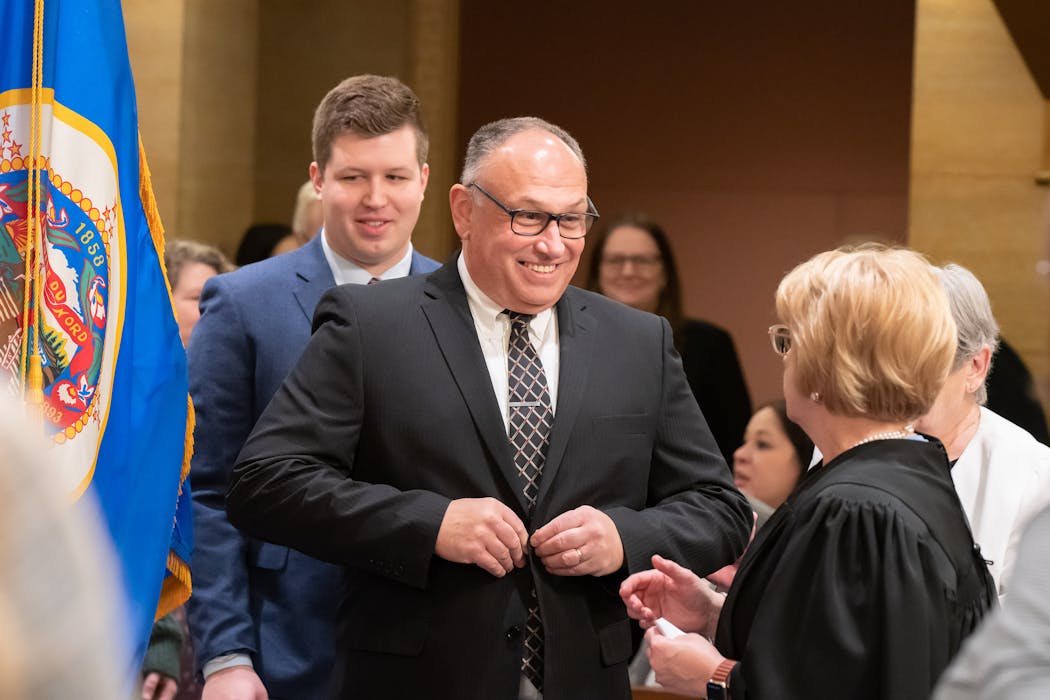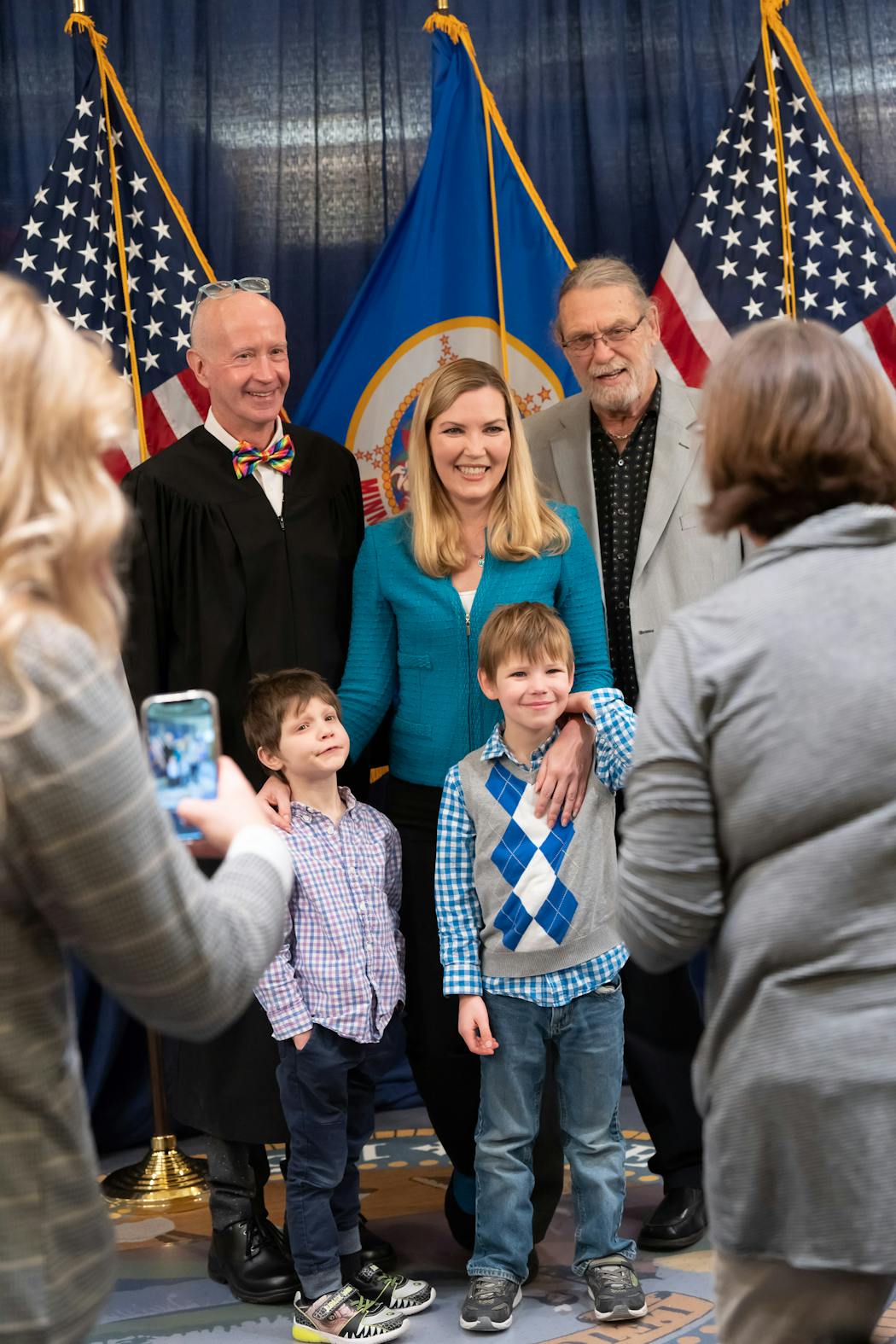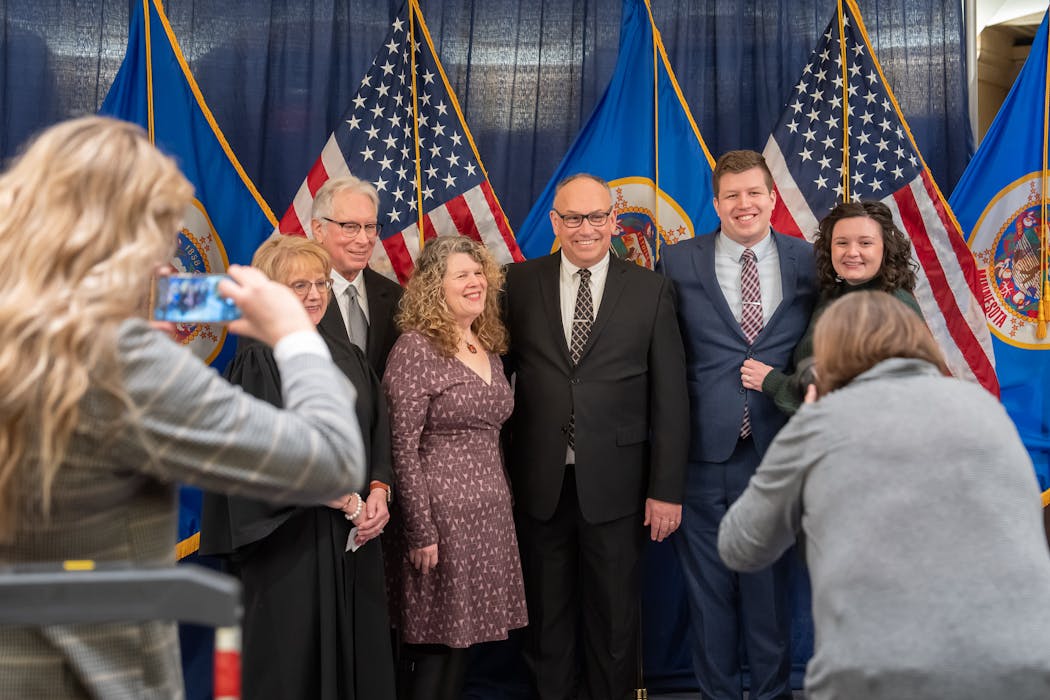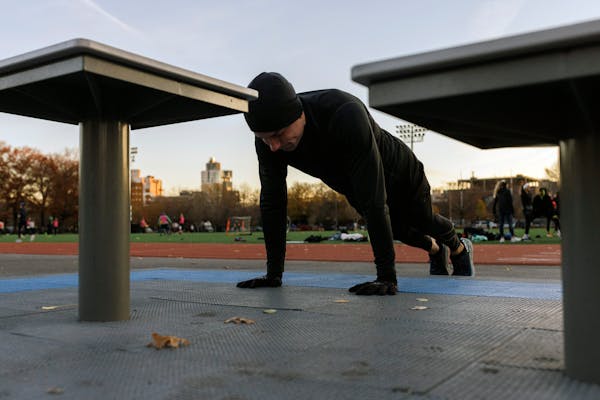Nearly two decades ago, Rob Kupec was working weather and news at a Fargo TV station when he learned that a hometown native was not only a fellow meteorologist, but part of the Air Force's famed Hurricane Hunters. Nicole Mitchell was her name, and she flew into tropical cyclones to collect weather data.
"I thought, 'Boy, that'd be a neat story,' " Kupec recalled. "Plus, I thought, I could hitch a ride with the Hurricane Hunters. How cool would that be?"
His bosses didn't greenlight the idea, so the story never materialized. But now Kupec and Mitchell are getting the chance to rub elbows in another high-flying adventure. On Tuesday they officially started their new roles as Minnesota state senators.
It's unusual that the Legislature would see the addition of a meteorologist to its ranks, let alone two. There aren't many people of that profession among the general population. Yet in a state where broadcast weather forecasters are often trusted household names if not rock stars, Mitchell and Kupec bring a certain cachet to the Capitol — as well as two strong voices for science.
"I do think it's a really important perspective," Mitchell told me. "It bothers me in politics — and this is from either side — when I see things that are said that aren't factual. I like data, and I like to know the source of things. People who have that kind of scientific brain bring a different perspective of how to look at a problem."
Mitchell, who was born in Fargo but grew up in Woodbury, worked at the Weather Channel, Al Jazeera America, and CBS News before returning to the Twin Cities in 2016. She later joined KSTP-TV and my former newsroom of MPR News. Kupec, of Moorhead, is a familiar face in the Red River Valley after stints at WDAY and KVRR spanning 20 years. Both left their jobs to run for office.
Mitchell and Kupec are also both parents and DFLers. And they both see an opportunity to educate their peers about climate change and how to combat it.
Kupec said during the last session, a legislator from his area was texting him while debate about a bill was underway. The misinformation from lawmakers surrounding wind turbines and solar energy took him aback.
"I was like, 'Well, that's not true,' " he said. "These were things they were bringing up on the House floor [to argue] that green energy wasn't ever going to work. Let's have a factual discussion about what its limitations are and not make things up."
Views on climate change are often influenced by political leanings. According to the Pew Research Center, Democrats are more likely to rate climate scientists positively in their understanding of whether climate change exists and what is driving it. Republicans generally give these scientists less favorable marks. About 57% of Democrats say climate scientists understand "very well" whether climate change is happening, compared with 14% of Republicans. It's a huge gap that has only expanded over the past several years.
How will these two rookie senators appeal to more skeptical conservatives?
By beginning from a place of mutual respect and connecting on things people care about, whether it's hunting migration patterns or growing seasons, Mitchell said.
"In Minnesota, farmers are very connected to the land. But they might not want to change practices if it's going to cost more, because farming is tremendously expensive and hard. But if we can explain how climate change is worsening our droughts, and allowing more invasive species of bugs and weeds ... and [explain] what can we do to mitigate that to help their livelihood, I think that's a good starting point," she said.
Mitchell's résumé can make run-of-the mill overachievers question how she gets it all done. The only interruption during our hourlong phone interview came from a teeny voice in the background asking, "Can I have more French toast?" A lieutenant colonel in the Air National Guard, she's a single mom to three young boys (one biological and two foster children), is a self-professed news junkie and has a law degree.
Mitchell, 48, is concerned that this period of polarization and personal attacks in American politics is driving away good people.
"I wish we weren't this divided. I'm used to working in circles that aren't easy, and I don't mind a challenge. More difficult times especially call for people who can try to work with everyone," she said. "I'm a single mom, I'm a veteran. I think we need people who are in touch with their communities and problems out there, who want to put egos and conspiracies aside, and just go get work done."
Kupec, 54, was bitten by the weather bug in the second grade. His teacher, Miss George, led the monthly science unit and expected each student to maintain a calendar in which they had to write that day's weather. "The unit ended, and I kept going," said Kupec. He remained fascinated by weather events, and a brutal Connecticut blizzard in 1978 led him, still a child, to question how local meteorologists botched the forecast so badly.
Being a fixture in people's living rooms for so many years, it's typical for Kupec to be recognized at the local grocery store. Ever since winning his election last fall, strangers still open with a weather question, but now quickly segue into taxes and Social Security.
Both Kupec and Mitchell describe their weather-delivery styles as steady-handed and non-alarmist. They've learned the art of explaining complicated science to the masses watching at home, often with a smile and plain English, without resorting to Chicken Little-style freakouts.
Even so, Kupec said he understands that many people won't pay attention unless you're screaming. "Maybe you need a few of those people screaming, but particularly when you get to policy, you don't want the policy made by the screamers," he said.
Meteorologists, after all, can lead us through the most harrowing storms and guide us to our basements, often with a calm voice. And that's a skill worth applauding in politics today.
Yuen: How success has pushed Minnesotans off sidelines in trans athlete debate
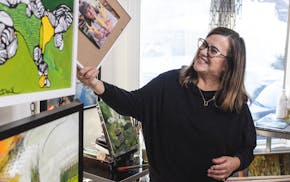
Yuen: When cancer struck a second time, she found 'euphoria'
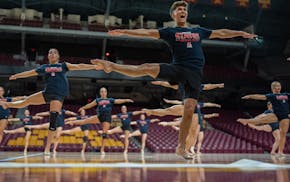
Yuen: The University of Minnesota's first male dance team member is turning heads by staying real
Yuen: How George Floyd's aunt healed her heart and lent her voice for justice
